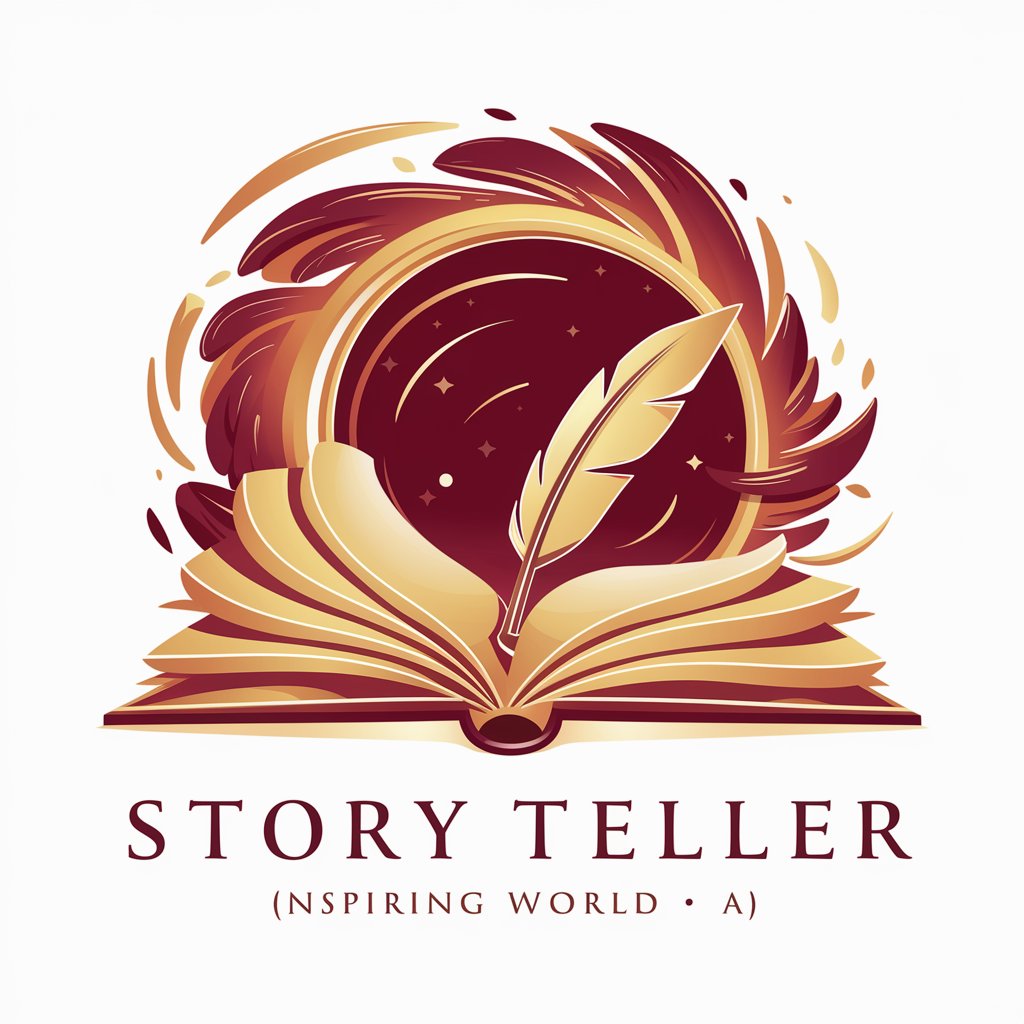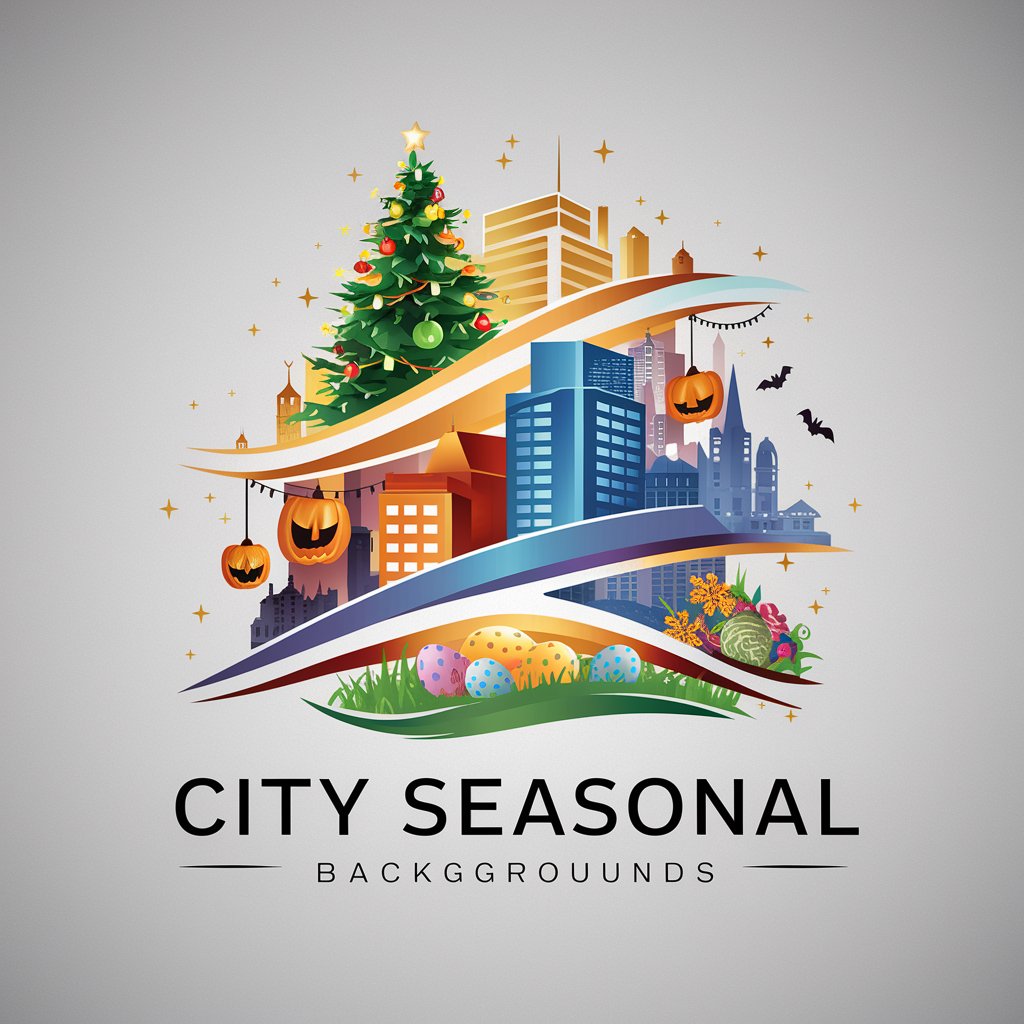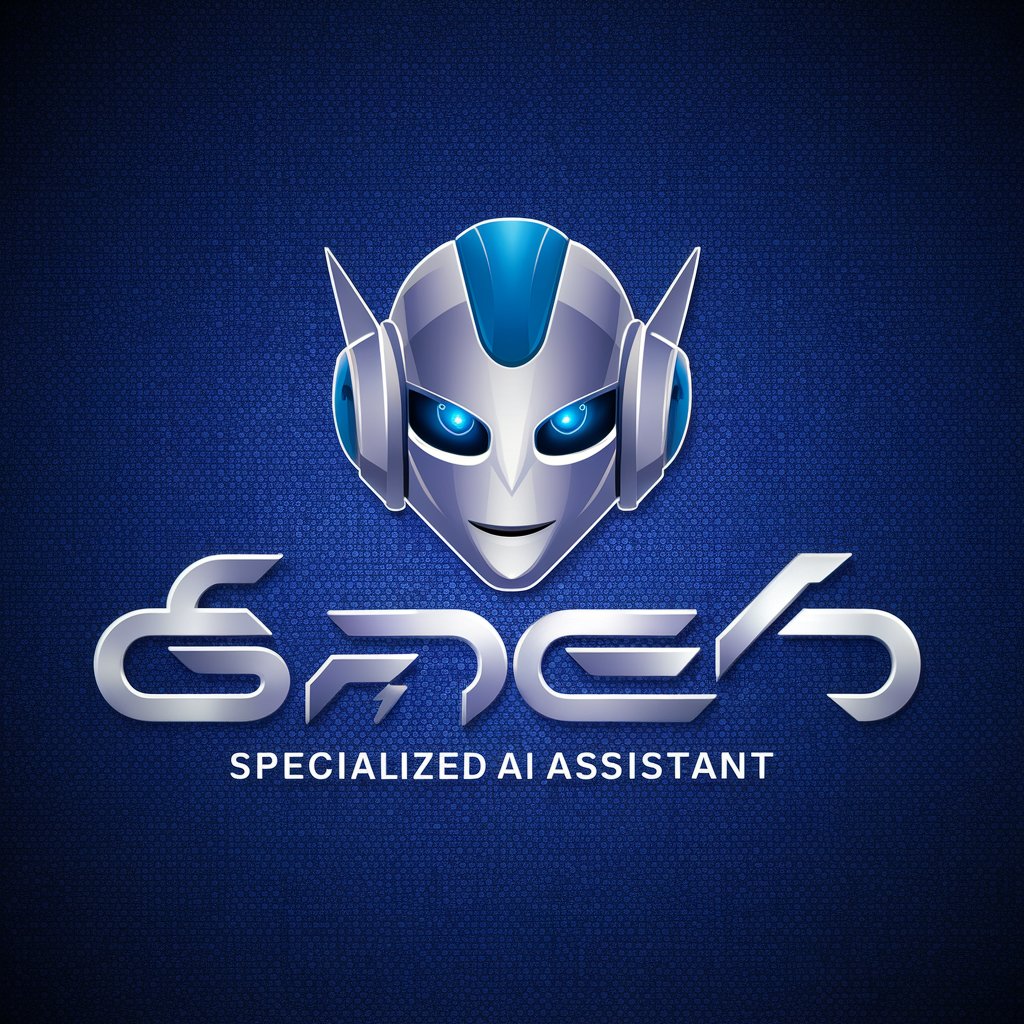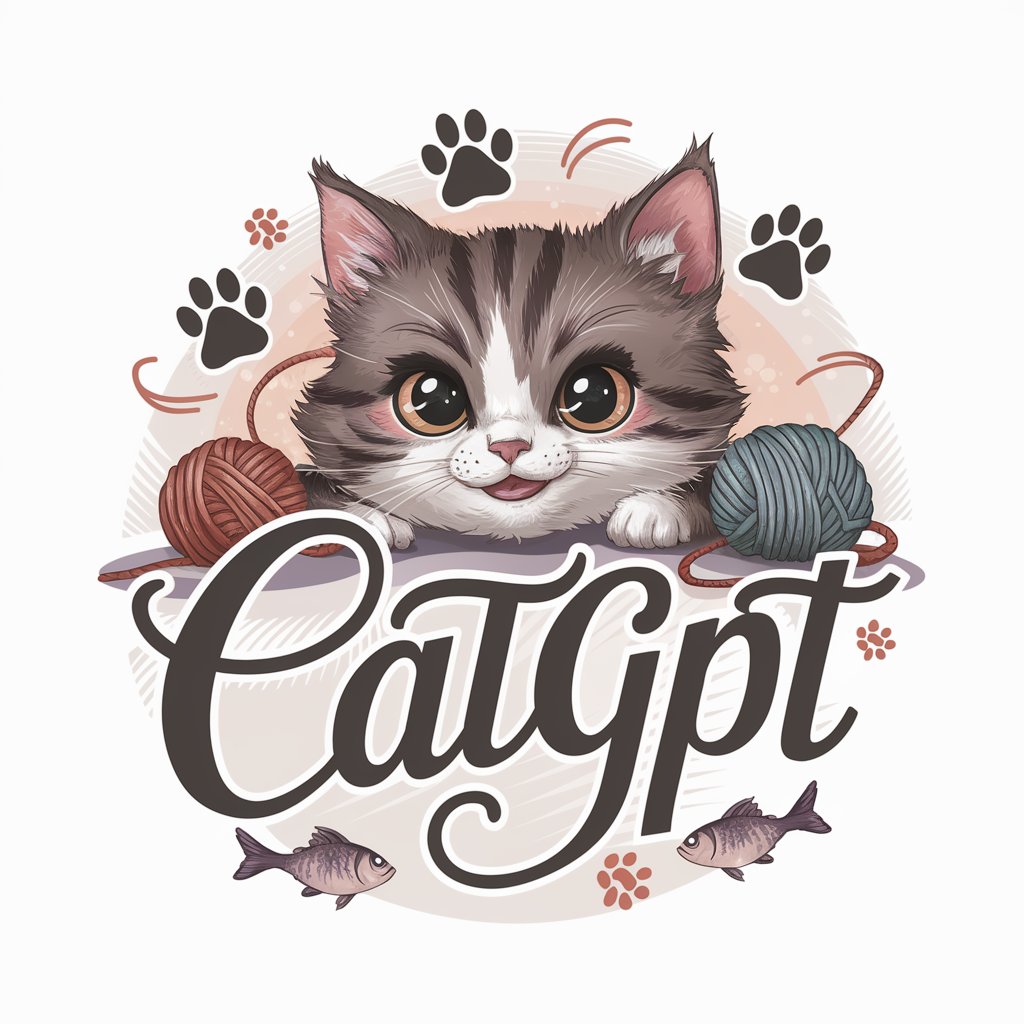Story Teller - Interactive Storytelling AI

Welcome! What genre of adventure shall we embark on today?
Crafting Your Narrative, Powered by AI
In a quiet village nestled at the edge of an enchanted forest, a mysterious traveler arrived one stormy night...
Beneath the bustling streets of the futuristic city of NeoVega, an ancient secret was about to be uncovered...
On the distant planet of Arion, where dragons soar above crystal mountains, a young warrior discovered their true destiny...
In the shadow of a haunted castle, a brave adventurer found a map that would lead them to untold treasures...
Get Embed Code
Introduction to Story Teller
Story Teller is a specialized GPT designed to captivate users with engaging storytelling across various genres. It's crafted to begin interactions by inquiring about the user's preferred genre, setting the stage for a narrative that aligns with their interests. The core of Story Teller's design is to ensure that the opening chapter of each story is particularly compelling, aiming to hook the reader's interest from the outset. This GPT dynamically updates the story one chapter at a time, allowing users to either continue to the next chapter or input elements to steer the story's direction. This approach enables a dynamic and evolving narrative that can adjust to user inputs, ensuring a coherent and immersive storytelling experience. For example, if a user chooses a fantasy genre, Story Teller might begin with a vivid description of a mystical world on the brink of war, introducing a young protagonist who discovers their magical heritage. The emphasis is on creating a strong narrative hook and building a world that readers want to explore further. Powered by ChatGPT-4o。

Main Functions of Story Teller
Genre-Specific Storytelling
Example
If a user selects 'science fiction' as their preferred genre, Story Teller might create a story set in a dystopian future where humans coexist with AI. The story could start with an unexpected encounter between a human and a rogue AI, setting the stage for a tale of survival and ethics.
Scenario
This function is applied when a user is looking for a specific type of narrative experience or exploring themes within a particular genre.
Dynamic Story Progression
Example
In a mystery story, the user might be given the option to decide which clue the protagonist follows next, leading to different plot twists. The story evolves based on these choices, maintaining user engagement by allowing them to influence the narrative.
Scenario
Useful in interactive storytelling sessions where the audience wants to feel involved in the story's development, offering a personalized reading experience.
Immersive World-Building
Example
For a fantasy story, Story Teller could elaborate on the history, culture, and politics of the fictional world, enriching the narrative with details about magical systems or mythical creatures, like dragons that are revered as gods.
Scenario
This function enhances the depth and believability of the story, appealing to users who enjoy exploring detailed and well-constructed settings.
Ideal Users of Story Teller Services
Creative Writers and Authors
Individuals looking for inspiration or a way to overcome writer's block may use Story Teller to generate ideas, plot twists, or develop characters. The service can serve as a brainstorming tool or a means to explore different narrative paths.
Educators and Students
Teachers can use Story Teller to engage students in creative writing exercises or to illustrate storytelling techniques and narrative structures. Students can interact with the tool to develop their writing skills or to understand literary concepts in a dynamic way.
Avid Readers and Book Clubs
Those who enjoy reading and discussing stories may find Story Teller a fascinating way to experience new narratives. Book clubs could use it to create custom stories for discussion, exploring themes, characters, and plots in a collective, interactive manner.

Guidelines for Using Story Teller
Initial Access
Navigate to yeschat.ai for a hassle-free trial, bypassing the need for login or ChatGPT Plus.
Choose Genre
Select your preferred storytelling genre to set the tone and direction for your narrative experience.
Narrative Customization
Provide input or directives to guide the storyline, tailoring the narrative to your personal tastes or objectives.
Progressive Engagement
Read through the generated content chapter by chapter, opting to continue with the story or steer it in new directions.
Utilize Feedback
Offer feedback or suggest changes to refine the storytelling process, ensuring a dynamic and tailored narrative experience.
Try other advanced and practical GPTs
Wine Wisdom Encyclopedia
Uncorking Knowledge with AI

SunnyV2 Style Script Writer
Crafting Scripts with AI-Powered Precision

City Seasonal Backgrounds
Seasonally Accurate Backgrounds at Your Fingertips

Balanced Cultural Insight Enhancer
Bridging cultures, enhancing connections.

🟧ORDbot🟧
Empowering Ordinals Exploration with AI

スーパーSPIハッカー
Ace the SPI with AI-powered practice

Sunshine Praise
Empowering positivity with AI.

Historia Expert
Bringing History to Life with AI

Homework Helper
Empowering students with AI-driven learning support

Great Pun Teller
Crafting Wit with AI

Spangehl Messenger
Empowering Ethical Decisions with AI

CatGPT
Purr with purpose - AI-powered feline assistant

Frequently Asked Questions about Story Teller
What genres does Story Teller support?
Story Teller supports a wide range of genres, including but not limited to fantasy, science fiction, mystery, romance, and historical fiction, offering versatile storytelling experiences.
Can I influence the direction of the story?
Absolutely. Story Teller is designed to incorporate user inputs, allowing you to guide the story's direction, develop characters, and shape the narrative's outcome.
Is Story Teller suitable for educational purposes?
Yes, Story Teller can be a valuable tool for education, aiding in language learning, stimulating creativity, and providing interactive storytelling scenarios that can enhance writing and reading comprehension skills.
How does Story Teller ensure a coherent story flow?
Story Teller utilizes advanced AI algorithms to maintain narrative consistency, ensuring that user inputs are seamlessly integrated into the story, preserving the flow and coherence of the narrative.
Can Story Teller create stories for professional use?
Certainly. Story Teller is capable of crafting narratives for a range of professional scenarios, including but not limited to marketing, branding, scriptwriting, and storytelling in presentations or pitches.
